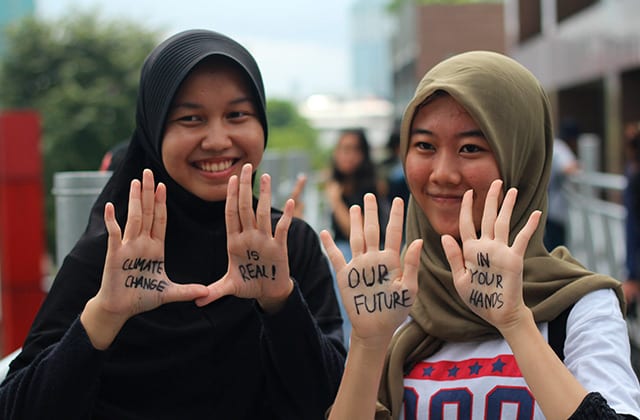350
Growing + Organizing the Climate Movement
Photo Highlights
Organising during the pandemic demanded creativity, connectedness and often, leaps of faith from our team and partners. While 350 has long encouraged climate action through signing of petitions, penning letters and calling officials, completely remote organising required new tools, new training oriented to our Just Recovery and Global Finance campaigns, and escalation of new partnerships and coalitions
We are proud to share several exciting successes in 2020 that combined digital organizing, training, coalition-building – all leading to amplified people power and better-trained climate leaders.
“Organising is about equipping people with the power to make change.”
— Fenton Lutunatabua in Pacific Pawa Up reflection
AfrikaVuka is a digital organizing platform uniting campaigns and communities across Africa to end the age of fossil fuels and usher in a transition to clean, renewable energy. This site offers multiple free, openly accessible resources, workshop curricula, skill-ups, graphics and visuals, renewable energy campaign guides and much more. More than 80 organisations across the continent are partnered and linked through AfrikaVuka. The Caravan, launched in 2020, represents a series of webinars open to all, including focus on stopping the East African Crude Oil Pipeline, saying no to oil exploration in the Democratic Republic of Congo, deCoalonize Kenya, Senegal and Zimbabwe and introducing renewable energy for all in Ghana.
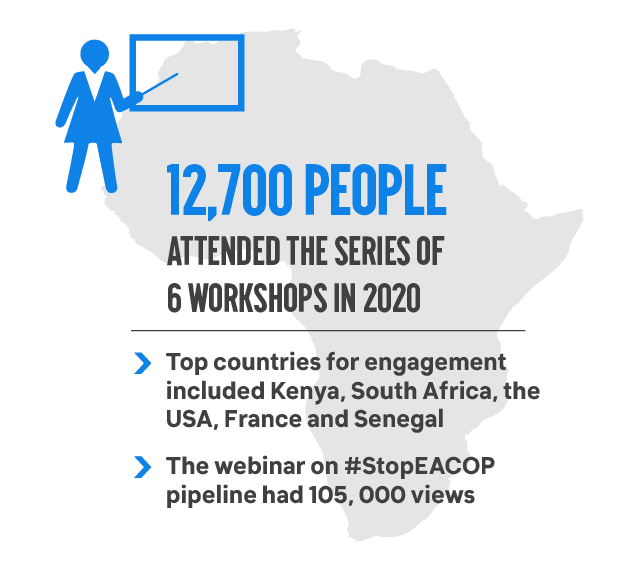
In South Africa, the 350 team worked with partners to build a new Climate Justice Coalition, bringing together 26 groups including trade unions, civil society, grassroots, legal and community-based organisations, faith-based communities and women’s rights groups, among others. The Coalition is pursuing a Green New Eskom campaign and fighting for a Just Recovery. In July, the Coalition released the No Going Back to Normal report, organized a Just Recovery Art Challenge, and launched a new podcast: Just Us and the Climate.
The Pacific Climate Warriors organized the very first Pacific Pawa Up Fellowship (PPUF), a three-month climate leadership training designed to equip young Pacific Islanders with the skills they need to continue doing high-impact climate justice organising in an online space. We welcomed 50 young leaders, representing 12 countries across the Pacific, three cities in Australia, two in New Zealand and one from the Pacific diaspora in the US. With nine modules focusing on critical themes like strategy, storytelling, communications, and training for participation in the United Nations Climate Change Conferences, Pacific Pawa graduates amplified their organising tool boxes. Graduate Ernest Gibson, co-Facilitator of 350 Fiji recounted:
“PPUF was a pivotal moment in my Climate Warrior Journey…It can be easy to develop a savior complex and feel that you have to do what the development sector is extremely fond of doing, kickstarting over and over again. PPUF allowed me to understand the rich tapestry, which is the history of Pacific Climate Organizing. The Fellowship is a learning opportunity that simply does not exist anywhere in the world…Through this training, I was selected as part of a team of seven youth worldwide to provide climate policy advice to the United Nations Secretary General. As a team, we will work together to engage communities worldwide, paying special attention to vulnerable communities.”
In 2020, the Asia Climate Leadership Camp, which originated in 2015, went online which enabled many more young climate activists to participate. We welcomed 300 climate strikers, organizers and campaigners from all across Asia for a 4-day virtual training centered on using online organizing and compelling storytelling to defund Asia’s fossil fuel industry. Many of the world’s worst fossil fuel financiers are Asian banks. Themes included digital organizing and creative storytelling, skill building in fossil free finance campaigning and developing strategies to address the climate crisis.
350 Latin America developed and deployed a new Amazon Resists campaign, spanning multiple countries, engaging Indigenous leaders and activists, as well as cross-movement social justice movements, to call for an end to oil and gas exploration and extraction in the Amazon. With devastating fires in 2020, continuing violence against rainforest protectors, and the Brazilian government planning to auction 16 new land blocks in the Amazon, it is critical that we organise broadly to end the fossil fuel era. The team mapped these proposed blocks and found there were 13 Indigenous territories that could be directly or indirectly impacted, representing 18,000 Indigenous peoples from eight different ethnic groups. Through direct action where possible, developing new partnerships with strategic allies, technical assistance from lawyers and researchers, and targeting of key decision-makers, we are working toward a ban on extraction in the Amazon.
350 Latin America also celebrated an important achievement with the Argentine and Mexican Congress’ ratification of the Escazú Agreement, Latin America’s first treaty on environmental matters and the world’s first to include provisions on human rights defenders in environmental matters. Escazú is considered highly innovative, as it includes a specific and unprecedented provision on environmental human rights defenders; it enshrines a rights-based approach toward Indigenous people and vulnerable populations; and it responds to the spirit of the UN’s Guiding Principles on Business and Human Rights.. Ilan Zugman, Latin American Regional Director, affirms that
“In Latin America, protection for climate defenders is essential to the fight against the fossil fuel industry. These individuals are at the forefront of the opposition to new projects for the extraction, transportation and consumption of oil, gas and coal. They are often the first to denounce these enterprises and to expose the terrible impacts of the big fossil fuel companies on the environment and the climate. Not to mention that these defenders organize their communities and obtain important local victories, which combined bring globally relevant contributions to the climate.”
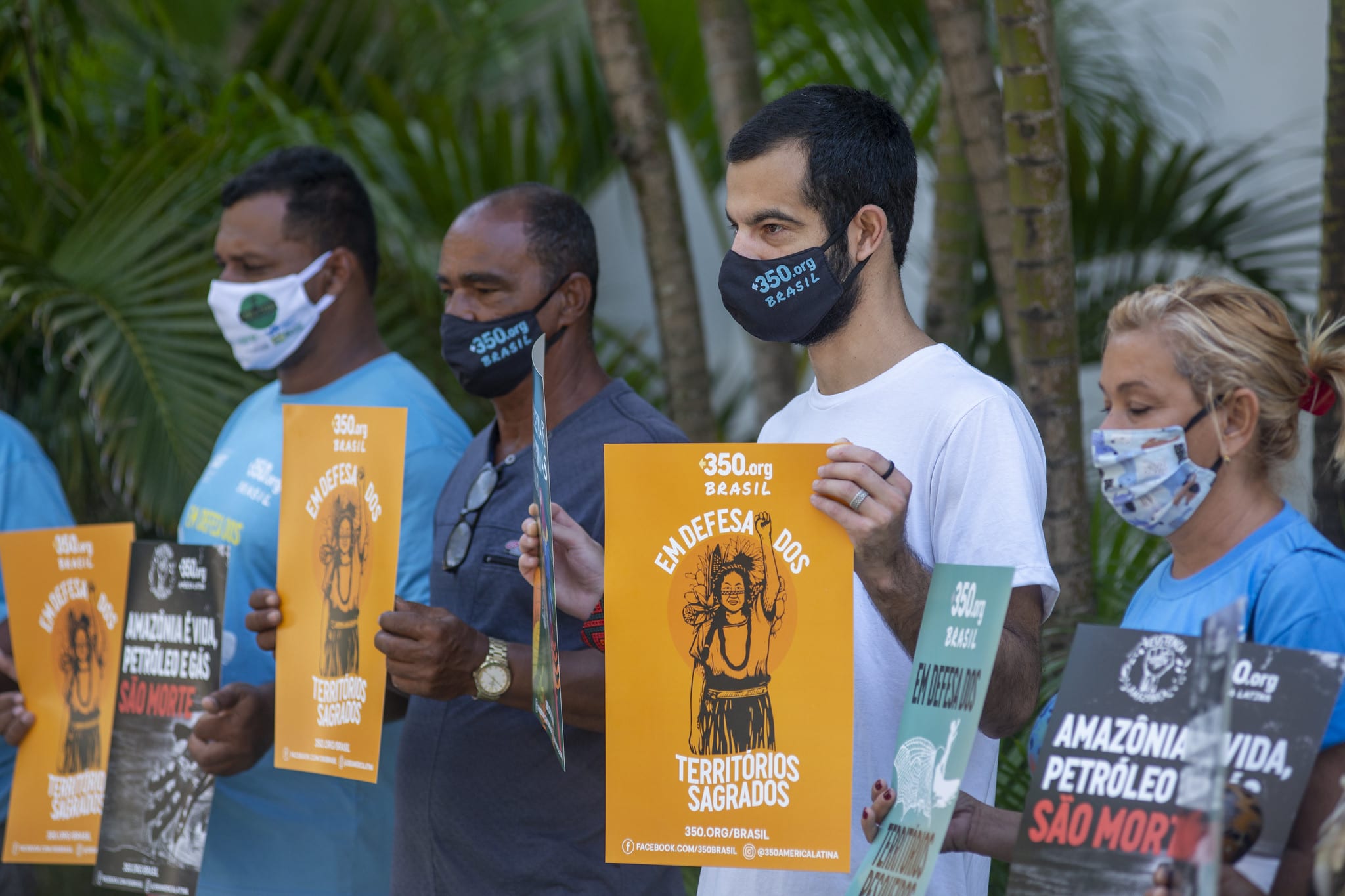
Photo: Oil auction action | Rio de Janeiro
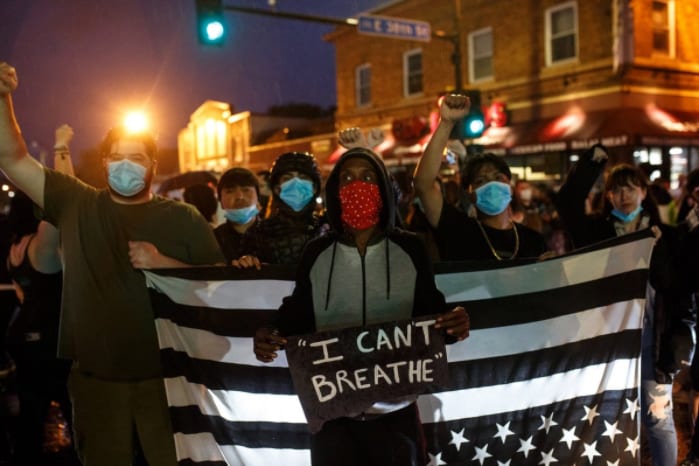
Photo: PBS
In the US, the murders of Ahmaud Arbery, Breonna Taylor, George Floyd and so many others, ignited protest against police violence, white supremacy and privilege, and the ongoing systemic oppression of communities of color, women, the LGBTQ+ community and the poor. Organizers on the North America team quickly joined forces with Black Lives Matter, the Black Visions Collective and Movement for Black Lives, to organize resistance and stand in solidarity to dismantle white supremacy. This work resonated all over the world, including Canada, Europe, the Philippines, the Pacific and Brazil.
With the US elections widely considered to be “the election of our lifetime,” 350 launched the Climate Vote Project, in partnership with Environmental Voter Project, to turn out infrequent environmental voters, and in particular, Black, Indigenous and People of Color (BIPOC) voters. Nearly 1,000 volunteers were recruited. Volunteers staffed dozens of phone banks, through which nearly 700,000 calls were made, creating opportunities for more than 7,500 significant conversations. The push helped recruit and train poll monitors, providing PPE and support and amplified voices of those rarely heard from. At the time of writing, the team is supporting turnout of voters in the Georgia Senate run-off elections. We are urging President elect Biden to make 10 Executive Actions for the climate on Day 1, which includes halting the Keystone pipeline.
350 US Affiliates
In the US there are 175 local affiliates of the 350 Network, representing college campuses, cities and states that organize and campaign for climate justice across the nation. Combined, the Network leverages:
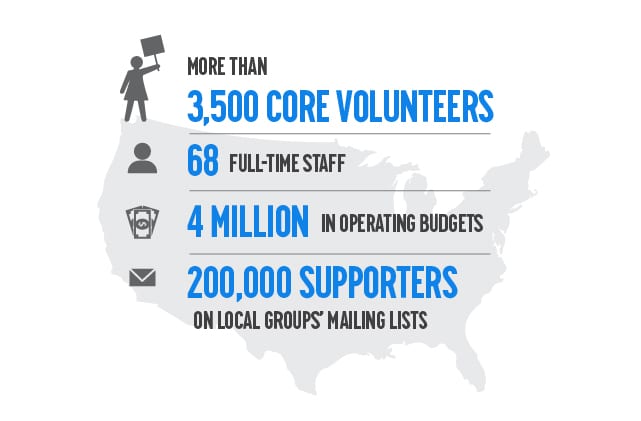
To combat racism and white supremacy, we engage 28 local 350 affiliates as active participants in 350’s Racial Justice and Equity Community of Practice, an increase of 16 new groups joining. And, local 350 affiliates participated in a 4-session pilot of a new training series that is the product of an innovative collaboration between the ten largest local 350 groups in the US, the 350 Network Council, and 350, now a full-scale training program in 2021, Skilling Up for Climate Action.
Trainings
350 and our affiliates are constantly recruiting new volunteer climate activists and providing training on effective organizing and activism. By training and linking new climate leaders to local fights, we have grown our network to more than 1 million around the world. Examples of recent, online trainings included:
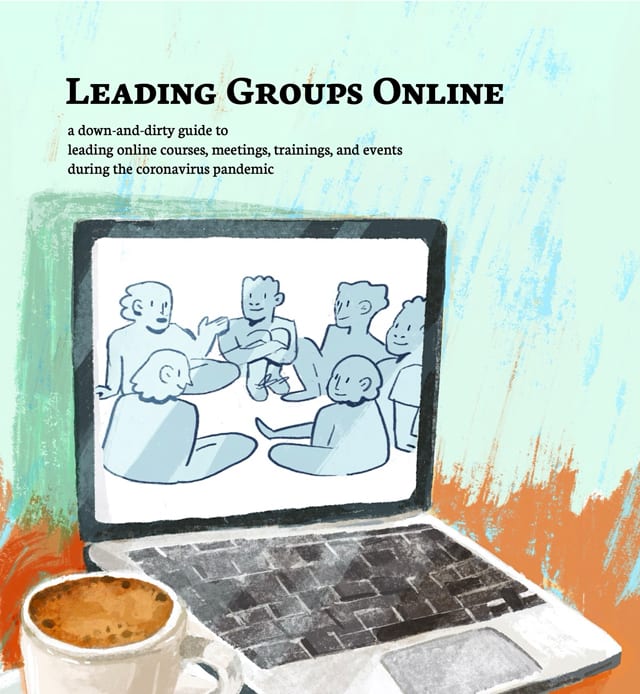
This booklet for Leading Groups Online developed and shared early during the pandemic

Solidarity School, a series of four online mass meetings and training in the lead up to the US general elections

The Climate League, a BIPOC-centered climate activism and leadership series of four modules focused on the history of climate justice and environmental racism and its relation to white supremacy, relationship building and mobilizing to center BIPOC voices, campaign development, and how to actualize what has been learned. The Climate League welcomed 30 participants who graduated and returned to their communities to implement their projects with micro-grants as part of the program.
Digital Storytelling
One of 350’s key strategies is to amplify the stories of those most impacted by climate disasters and social injustice. Our communications team developed spokesperson training that engages youth, people of color, residents of the Global South, and frontline communities to tell their own stories. We also link these voices with the more traditional media outlets we work with to increase representation of marginalized voices. And, we track our impact. In 2020, we developed and deployed two new tools:
Youth Climate Strikes Storytelling Hub
In May, our communications and product teams launched a Youth Storytelling Hub, where youth from all over the world, and in multiple languages, can share stories from their own perspective.
Digital Storytelling Toolkit for the Climate movement
Authentic stories, particularly from people who are on the frontlines of climate crisis, who are most affected and least heard, are a powerful way to shift the global narrative around climate. Often media in North America and Europe frame frontline communities as victims, when in fact many of those impacted communities have incredible amounts of agency and are taking action in creative ways. In October, we launched the Digital Storytelling Toolkit as an open source, freely accessible how-to guide. The toolkit is available in English, Indonesian, German, Spanish, Portuguese, Turkish, Russian and Japanese.
Internal Impact
Over the course of 2020, 350 worked to strengthen organizational infrastructure by reviewing and improving many internal staff and Board policies and procedures, enhancing our Board with new members, implementing a new organizational chart and team structure, improving technology and platforms, tightening our risk and security analysis and developing a cross-organizational performance, measurement, evaluation and learning (PMEL) framework. We know that our team must be as sharp, effective, focused and agile as possible to win the fights we have before us in this decisive decade for climate activism and justice.
